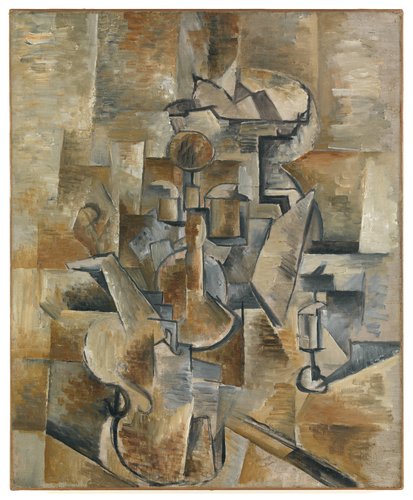
Let’s face it. Even the most thoughtful criticism is painful, whether the feeling is of being mildly stung or outright gutted. I don’t care how evolved or accomplished you are or that you have the emotional skin of a reptile; no one likes to hear that their work isn’t landing well with a reader. Even if that reader is someone you never really liked anyway and who is dead to you now.
I’ve been in this writing game for over two decades, and it still feels like my baby got kicked in the teeth every time I get a less-than-ideal response from a good reader. It’s not unlike the first time someone threw sand at my son at the park. Sure, it was another two-year-old, and my son was in the habit of taking toys and asking questions later, but that didn’t stop the visceral reaction of wanting to TAKE THAT KID OUT. Chock it up to human nature. When we put our hearts out there without protecting them with artifice or inauthenticity, even the smallest bruise can put our fight-or-flight responses into overdrive.
Still, without feedback, we go nowhere. Writing is, ultimately, an act of communication, so the written work can’t truly be finished until it’s read. How, then, to survive the discomfort of getting read? At first, our instincts might tell us there is only one possible option. Licking our wounds in outrage, we will want to hate everyone and everything and go live in a cave. We must wait for this to pass. Because avoiding feedback altogether, no matter how much it stings or has us begging for mercy, is to fail, fundamentally, at believing in ourselves and the writing process. That’s because every single piece of feedback you will receive is valuable, and knowing that is the key to navigating the treacherous terrain that comes with it.
Before you get your panties in a wad, yes, I do understand that sometimes the actual feedback we get can be crappy and otherwise unhelpful. In my experience, few people are actually very skilled at giving feedback, so more often than not, you’ll be on the receiving end of a hot mess of hemming and hawing. But even this feedback is helpful, for two essential reasons. One, it will teach you to stand up for what you believe in, if the feedback you’re receiving is truly unhelpful and has far more to do with what the reader wants for you than what you want for yourself. And two, it will teach you to tell the difference between criticism that raises your hackles because it’s off base, and criticism that raises your hackles because it shines a light on weaknesses you kinda sorta hoped no one else would notice.
If you’re lucky enough, you’ll develop relationships with readers who will offer you the latter, and you must treat them with tremendous gratitude and respect. (At least to their faces. It might take a squidge more time not to shake your sweaty fists in their general direction. S’okay. We’ve all been there.) But over time, you’ll realize that the only way you can fail as a writer is to avoid the growth available to you, even if it comes in the shape of ogres who find your main character “boring and obnoxious” (actual quotation from a family member who read my first novel. Clearly, I’m still not totally over that one.).
Please understand that I am not suggesting you develop a thick skin and get over it. Not even a little. We are writers! We care! We make ourselves vulnerable on purpose, because writing in a meaningful fashion matters, as does putting our hearts out there and reaching beyond our comfort zones and doing all sorts of other things that defy those who insist that toughness is power and self-righteousness is defensible. So please, by all means, lick your wounds. Cry a little. Maybe cry a little more than your partner or writing group or friendly neighborhood mental health professional might advise. Give yourself a little time to be terribly sympathetic with yourself and roll around moaning in self pity, if it helps you in shedding that tired old layer of skin.
So go out there, and share – not because you’re sure what you’ve written is just so amazing that even Harold Bloom’s jaw will drop open when he reads it, or because you wrote it last night and would rather sadistically subject yourself to premature discouragement than maybe read it over a few times yourself — but because your work is worth reading. And because you know that writing is to be shared and developed in communities of invested citizens, not entombed in dusty drawers. Be as brave and compassionate as you already know you are, and maybe, one day, someone will return the favor by presenting you with their new and growing work, and you will have learned to recognize it as the gift it truly is.
Art: George Braque, Nature Morte
Leave a Reply